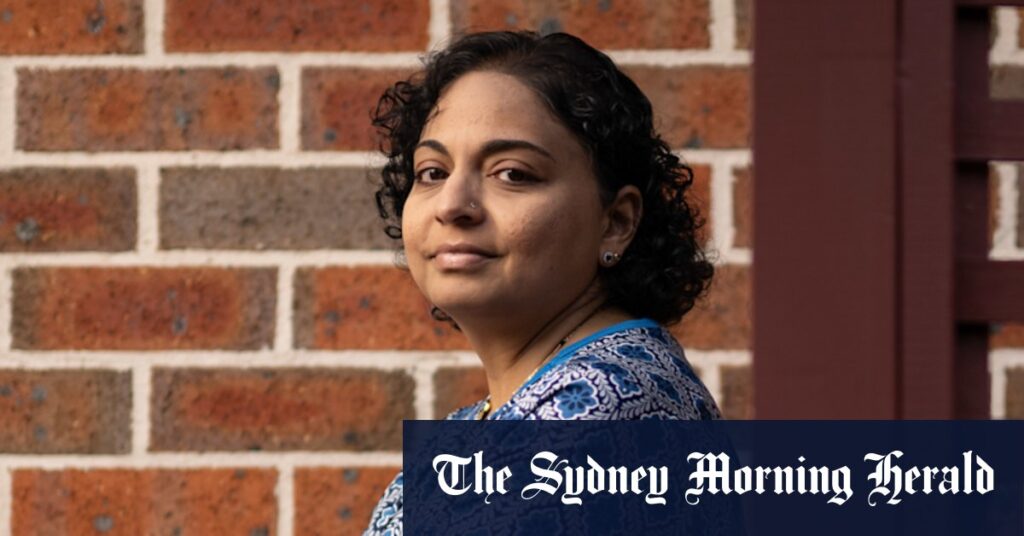Lung cancer is particularly lethal because it is silent, with almost no symptoms until the disease has progressed. Forty-two per cent of diagnoses are for final-stage cancer, when it is almost too late for treatment.
Smoking is responsible for 90 per cent of male and 65 per cent of female cases of lung cancer.Credit: Tamara Voninski
The screening program will use low-dose CT scanners to check all heavy smokers aged 50 to 70.
By catching cancer at an earlier stage, when it can be more effectively treated, it is expected the program will save 12,000 lives over the next decade.
Smoking is the major risk factor for lung cancer, responsible for 90 per cent of male and 65 per cent of female cases.
When the tobacco leaf is dried, two nitrosamine molecules are produced. When the tobacco is ignited, the nitrosamines enter the lungs, where they can mutate DNA, turning healthy cells cancerous.
Loading
Lung cancer itself is relatively survivable if caught early, as surgeons can remove the cancerous tissue.
“Our lungs are actually really remarkable. You can more or less remove one whole lung, and for the average person, they wouldn’t notice,” says Professor Brian Oliver, a leading respiratory researcher at the Woolcock Institute of Medical Research in Sydney.
But that cuts both ways. Cancer can take over large parts of the lung without the patient even noticing. It is only once the tumour grows into an airway that a bloody cough can develop.
By this stage, it may be too late. Survival rates halve at each stage the cancer is detected after the first. Hence, the screening program.
A 2021 meta-analysis of nine screening pilots covering thousands of people found a 16 per cent reduction in lung-cancer mortality.
‘We’re all imperfect people, doing imperfect things.’
Amy*
But the idea long struggled to get traction among policy-makers, says Brooke.
“We just don’t blame other diseases like we do with lung cancer,” he says. “When we started to talk about the prioritisation of lung cancer screening, others said that ovarian cancer was more worthy.”
The change came when advocates started taking a leaf from campaigns run by HIV-AIDS organisations in the ’80s. “A highly stigmatised community that had been pilloried for no reason,” says Brooke. “We used that template.”
Loading
As with all screening programs, overdiagnosis remains a real risk.
East Asian countries have heavily promoted lung cancer screening over the past few decades. In response, many non-smokers – particularly women – presented for screening.
The result: a dramatic increase in lung surgeries, far above the actual rate of cancer detected.
Screening often catches slow-growing cancers that probably aren’t life-threatening; about 9 per cent of cancers spotted in one pivotal trial are considered “overdiagnosed”. This problem is exacerbated if you screen a low-risk population – such as non-smoking women.
“Even before a diagnosis of lung cancer was made, the clinicians in those countries are just going ahead with [surgery]. And then not even finding any cancer,” says Professor Katy Bell, an expert in overdiagnosis based at the University of Sydney. “There is definitely potential for harm.”
Australia’s program was designed with this in mind. That’s why it targets only smokers.
The economics of lung cancer screening are also tricky; early estimates suggested it simply wasn’t cost-effective. People who smoke are at higher risk of a range of diseases, not just lung cancer. Does catching cancer really change their life-expectancy?
It’s not clear from the data we have. But health economists estimate for every $60,000 spent on the program, one Australian will enjoy an extra year of disease-free life – just within the cost-threshold the government is typically willing to pay.
Amy*, 27, is a smoker who “comes from a family of smokers”, some of whom have developed lung cancer. “It’s a growing, lingering fear in the back of my head,” she says.
Loading
She’s delighted about the introduction of a screening program.
“I can understand where the stigma comes from. On the surface level, it is our choice to smoke,” she says.
“It’s something I’m very aware of and working towards – I’ve tried quitting multiple times. But we’re all imperfect people, doing imperfect things.”
Read the full article here

